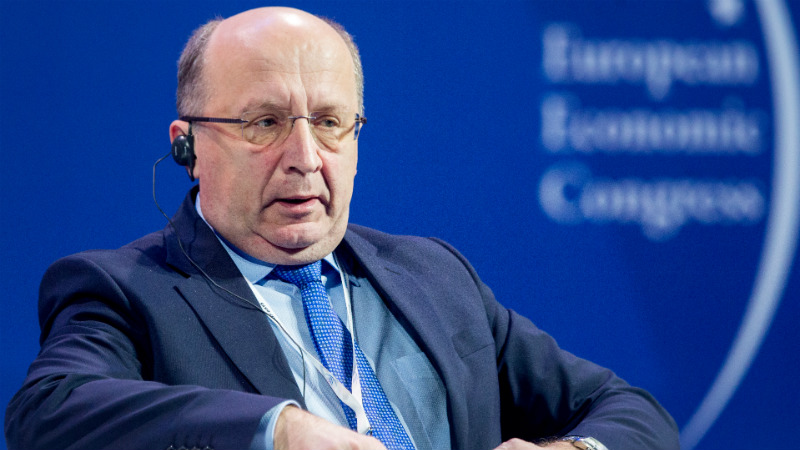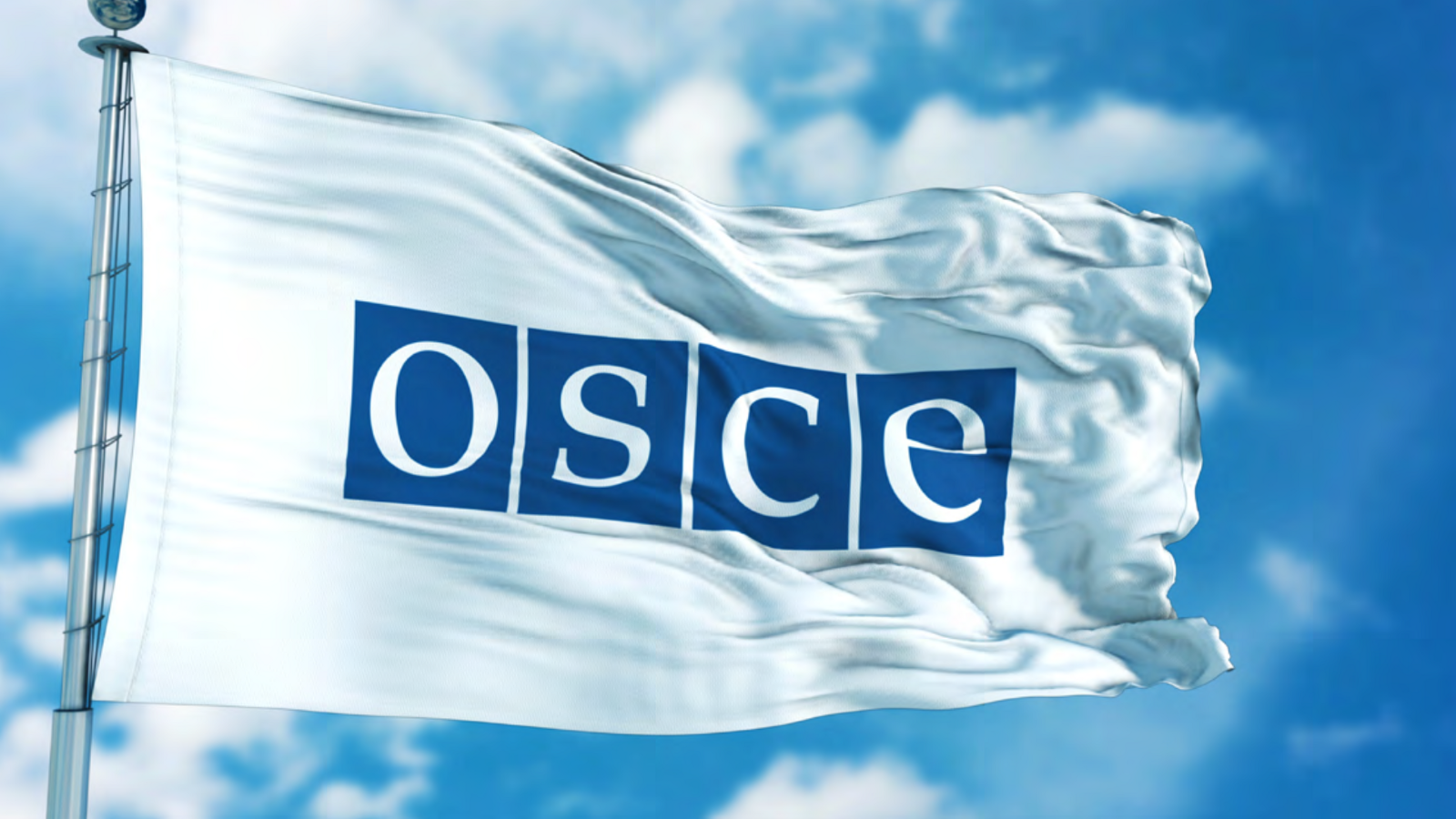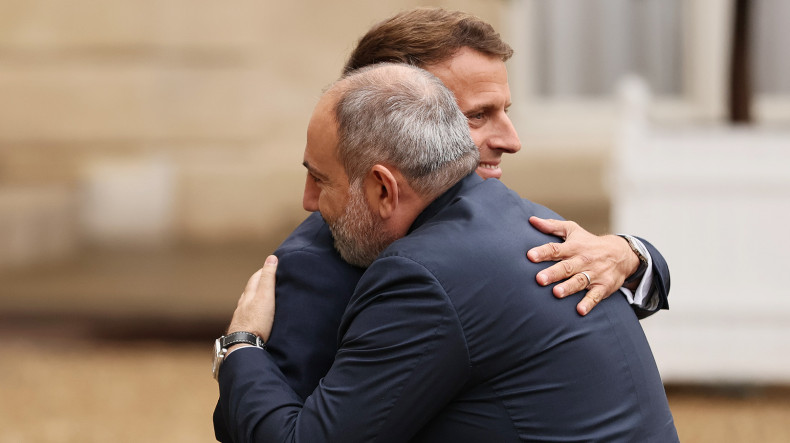The EU tranche and other current issues were the topics of the Europe Time interview with MEP and Co-President of the Euronest Parliamentary Assembly, Andrius Kubilius. He said that the Georgian economy needs financial resources to be invested in all the developments that are needed for the country and its citizens. So, when the government declares that they do not want to take that loan, of course, it is a big mistake that simply makes Georgian people suffer more:
ET: How do you evaluate the current situation with EU macro-financial assistance? Today, the Prime Minister of Georgia stated that the country would refrain from taking the EU loan. Before that, the Georgian government was reminded by both the European Commission and the President of the European Council of the need to meet the conditions.
It means that the government understood that it would not get the loan proposal from the EU Commission because the government was not able to fulfill the conditions that were attached to that loan. First of all, the conditions are on the selection of judges, and, second, on the implementation of the so-called Charles Michel agreement.
When the government signed an agreement and promised to implement it, there was criticism from the experts of the commission that the government was not implementing part of that agreement, which was about reforms of the court system and the appointments of new judges. So, that was what the government did. It was against the agreement.
The Georgian economy needs financial resources to be invested in all the developments that are needed for the country and its citizens. So, when the government declares that they do not want to take that loan, of course, it is a big mistake that simply makes the Georgian people suffer more.
They will not get this financial possibility, which is sorely needed in Georgia. These reforms are important for Georgia to be ready to apply for a membership application. If Georgia is not implementing what the EU has requested on the reforms of the court system and the appointment of judges, it means that this government is not bringing Georgia closer to the EU.
When the government declines the request of the EU institutions to make reforms in the court system, it shows that the government does not have a European type of rule of law system or European type of transparency in the court, which means, unfortunately, the Georgian people are declining the possibility of having a much more effective, much more transparent, and trustful rule of law system in Georgia.
Second, the ruling party decided to declare that they were not going to implement the whole agreement. Now the Georgian government has declared that they do not have a loan that has such conditions, which, unfortunately, means that the government has very clearly declared that they are not going to implement the conditions attached to the loan. These conditions are very important for Georgia, first of all. And again, the Georgian government is losing international trust and international respect.
ET: What does it signify for Georgia and what does the country look like?
Unfortunately, we have been worried for quite a long time about the political situation in Georgia and how fragile the Georgian democracy is. Of course, European institutions spent a lot of effort assisting Georgian political parties, including the ruling party, to stabilize the situation, and Charles Michel played an important role. But as we can see, first of all, the ruling party is not respecting the efforts of EU institutions, and that is what is causing much more trouble when we are looking into how things can develop in Georgia.
The Georgian government declared that they will make a formal application for EU membership and provide good conditions for that application to be discussed with a positive outcome among EU institutions and EU member states. The Georgian government needs to win back international respect and international trust.
With all the crisis, with all the recent developments, not respecting the so-called Charles Mishell agreement, unfortunately, the Georgian government and the ruling party are damaging this international trust and international respect towards Georgia, and it could become a real obstacle, a real problem in 2024, to having successful discussions on Georgian applications.
ET: Local elections may have special significance in these circumstances.
We expect that those elections will be executed transparently according to all the best European standards. That was one of the goals of the Charles Mischel agreement. The ruling party decided not to implement this agreement, but I hope that elections will be organized in the best way.
The ruling party promised that if they did not get some percentage (40%) during the local elections, there would be a national election. So it will be very important that the ruling party stick to that promise, and in any case, it looks like early parliament elections would be a good solution to this deep political crisis in Georgia, which was very difficult to resolve, even with the participation of the EU leadership. So, perhaps, Georgians need to find a way to get out of the political crisis.
It was a good agreement to solve the crisis, but the biggest damage to implementing this agreement was done by the ruling party when it declared they were not going to implement it. Of course, perhaps it was also the mistake of the biggest opposition party, (UNM) not to sign that agreement.
No, we have a very unclear situation. There is no clear path to how Georgia can get out of the political crisis. Again, we can just urge the ruling party to nevertheless stick to what they promised. In such a way, local elections are becoming, in some ways, not only important for local elections, but also as a possible step in a national political crisis and national political division.
In my opinion, in the deep political crisis that we are experiencing now, I think new parliament elections could be a good and effective way out of the crisis and bring back walking democracy, which is sorely needed in Georgia. And Georgia needs to be seriously evaluated as a possible candidate for EU membership in 2024.
ET: At the same time, how do you evaluate the efforts of the Association Trio countries, including Georgia? They emphasized a unified strategy, beginning with signing the declarations in Kyiv and then in Batumi.
I am very much in favor of this association trio initiative because we have been proposing this association trio from the European Parliament side since 2019. It's good that it's started to move ahead.
They deserve a much more ambitious approach from the EU side. But also, what would be very important is that those countries, especially Georgia, would try their best individually to show that they can make reforms and democracy effective because the trio strategy will not resolve those issues, which can be resolved only by individual countries.
So, Ukraine, Georgia, and Moldova need to do their homework. Moldova, after the elections, has the possibility of moving forward much more rapidly. Georgia appears to be losing the momentum of reforms that it was able to demonstrate before the political crisis.
It may be critical for the three countries to make significant progress toward EU integration before 2030, but no mistakes can be made at the level of national states. Unfortunately, Georgia is showing a bad example of how things can become very difficult.
The Association agreement was a good instrument for Georgia, Moldova, and Ukraine to move forward. The financial assistance that is coming is very important, but we would like to see from the EU side a more clear and more ambitious policy towards the Eastern Partnership, especially towards the Trio countries, which should be similar to what the EU implemented in the Western Balkans region. Western Balkan countries have clear dates to become members of the EU.
That clear vision is helping, first of all, Western Balkan countries to keep their motivations at a high level. Unfortunately, that is not the case for the Eastern Partnership. The EU is still not able to promise a much clearer vision of what is next. We are trying hard from the European Parliament side to ask for proposals from EU institutions, especially during the forthcoming summit, to have much clearer and more ambitious language and much clearer steps in how the next steps of the trio countries' integration will be implemented. To give these countries a clear path, what is next? We discuss different scenarios of how things can move forward. One of the scenarios is to propose "intermediate status", which could be similar to some countries, (Norway and Switzerland, which are not part of the EU).
I mean that countries like Georgia, Ukraine, and Moldova could have also benefited from membership, like being integrated into a single market, getting all the possible financial support, but not having the right to participate in EU institutions.







